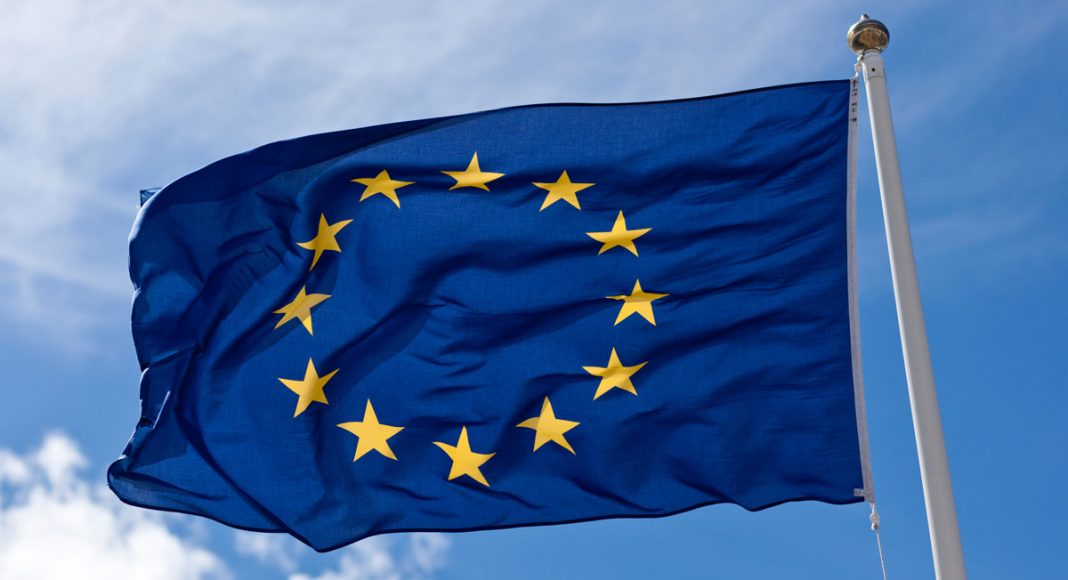Health committee politicians in the European Parliament, the EU’s directly elected legislative, voted in late 2018 to approve a draft resolution on the use of cannabis for medicinal purposes, and now the proposals will head to the bloc’s executive to be turned into a concrete proposal.
The file has been added to the ‘work in progress’ calendar, and from January 14 EU officials will begin a formal study of the potential clinical benefits of medicinal cannabis and cannabis-derived medicines, and how they are available to patients across Europe.
RELATED: The Growth Of Cannabis Legalization In Europe: Which Country Is Next?
Europe’s cannabis industry is predicted to be worth €115.7bn ($132bn) by 2028, making it the world’s largest legal marijuana market. A patchwork of domestic regulations means the EU could not legalize cannabis in one fell swoop, but it can lay down a set of guidelines that each country transposes into domestic law.
The EU has 28 member states, each with their own set of cannabis laws. Some jurisdictions, such as the Netherlands, have decriminalized the drug, while others have a more draconian approach and will jail anyone found in possession.
This blog has already looked at the situation in Germany, Malta, Italy, the UK and Irelandamongst other areas taking steps towards cultivating their own cannabis industries, with Portugal and the Scandinavian territories also moving to a more progressive stance.
Now it appears the EU’s lawmakers are waking up to the health, and tax benefits, of allowing cannabis for medicinal purposes at least, and attempting to draw up a set of rules for the bloc that will give a platform for trade.
In December, the EU’s drug agency, the European Monitoring Centre for Drugs and Drug Addiction (EMCDDA), slipped out its first report on medicinal cannabis.
It sought to answer the evidence base for the use of cannabis and cannabinoids in modern medicine, alongside providing definitions of cannabis preparations and medicinal products, and the differences between both.
Aimed at policymakers, the report responds to growing interest in this topic as more European countries develop policies and practice in this area.
RELATED: How Swiss Marijuana Reform Will Lead To Full Legalization In Europe
“Many EU countries now allow or are considering allowing, the medical use of cannabis or cannabinoids in some form,” the report states. But approaches vary widely between countries, both in terms of the products permitted and the regulatory frameworks governing their provision, it notes.
The report also outlines the terms “medical use of cannabis and cannabinoids” can refer to a wide variety of products and preparations that may contain different active ingredients and use different routes of administration.
Source: EMCDDA
The publication also provides an overview of evidence for the medical use of cannabis and cannabinoids.
Source: EMCDDA
It concludes, in a similar vein to the EU’s health portfolio holders, that more research and clinical studies are needed to fill “important gaps in the evidence”.
From the US and Canada to Australia and Israel, the report presents a selection of case studies illustrating the diverse approaches used by countries outside the EU to allow the medical use of cannabis.
The report highlights the challenges of decision-making and summarises the multiple issues that governments will consider when deciding whether to make cannabis or cannabinoids available for medical use.
These include the types of product that patients will be allowed to use; the medical conditions for which such products can be used; and the type of medical and regulatory supervision under which patients are allowed to use them.
“In most countries, the provision of cannabis and cannabinoid products and preparations for medical purposes has evolved over time, often in response to patient demand or product development,” said EMCDDA director Alexis Goosdeel. “This report seeks to provide an objective look at current evidence, practice, and experience in this very fast-moving field and describe the complex patchwork of approaches adopted in the EU and beyond.”
It also points to the importance of developing a common language to help build a base for evaluation and assessment, which is EU shorthand for ensuring everyone has the same definition of key points when the regulation is eventually drafted.




